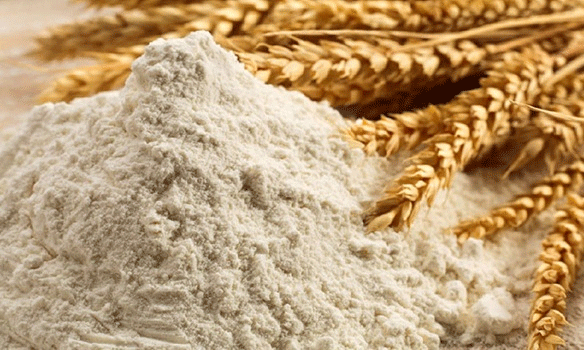Foreign Currency Crisis Jeopardizes Wheat Imports in Mozambique
Mozambique’s dependency on imported wheat is under threat due to a worsening shortage of foreign currency in the national financial market. According to recent reports from O País, several mills are facing difficulties securing the U.S. dollars needed to pay for imported grain. The Mozambican Bakers Association (AMOPAO) has raised alarms that if mills stop operating, bread shortages could follow, triggering a potential crisis in food security.
In a letter received by AMOPAO president Vitor Miguel, one of the country’s wheat mills warned that continued currency shortages could lead to a shutdown due to a lack of raw material. “If the mills have in fact closed, this will obviously have a huge impact on us, the end consumer,” Miguel stated. “We do not have internal resources… wheat always comes from abroad.”
Wheat Imports: A Fragile Supply Chain
Mozambique produces no wheat domestically and relies entirely on imports, primarily from countries like Russia, Ukraine, and South Africa. According to USDA data, Mozambique imported approximately 670,000 tonnes of wheat in 2023, nearly all of which was used for food processing, including bread—the country’s staple.
As of early 2024, the global price of wheat has moderated following the spike during the Russia-Ukraine conflict. Wheat futures now hover around $5.20 to $5.50 per bushel, down from over $9 in mid-2022. But even with lower prices, Mozambican importers are unable to purchase grain without the required foreign currency—a consequence of broader macroeconomic constraints.
Foreign Exchange Challenges Affect Broader Economy
The private sector, represented by CTA Executive Director Eduardo Sengo, warns that the foreign exchange shortage is impacting not just wheat but a range of sectors including rice, fuel, and manufacturing inputs. Sengo emphasized that many exporters retain their foreign revenue rather than selling dollars into the domestic market, reducing foreign currency liquidity.
“The central bank may say there’s sufficient liquidity on paper, but the real economy tells a different story,” Sengo noted. The Bank of Mozambique, however, denies any such shortage. Governor Rogério Zandamela recently stated, “There is no need to touch existing liquidity… we are comfortable with the level that exists in the system.”
This discrepancy between official statements and private sector experience points to a disconnect between policy and on-the-ground realities. Business leaders are now urging the government to consider short-term export revenue repatriation rules and work with commercial banks to unblock access to foreign currency.
Urgent Need for Structural Reform
Mozambique’s heavy reliance on food imports leaves it vulnerable to external shocks. Without a clear foreign exchange strategy, sectors like food processing, agriculture, energy, and trade may grind to a halt. The consequences could be dire: higher bread prices, business closures, and job losses in critical supply chains.
During a recent presidential visit to Nampula province, business leaders again raised the issue directly with President Daniel Chapo, who pledged to engage with the Bank of Mozambique and commercial banks to seek solutions.
Mozambique’s situation underscores the fragility of food security in import-dependent nations. Without urgent policy coordination to stabilize foreign currency access, wheat supply disruptions could lead to cascading effects throughout the economy. Long-term solutions must include both financial reform and strategies to diversify domestic food production—including the potential development of local wheat alternatives or substitutes. For now, restoring liquidity remains the first and most immediate challenge.
Error





